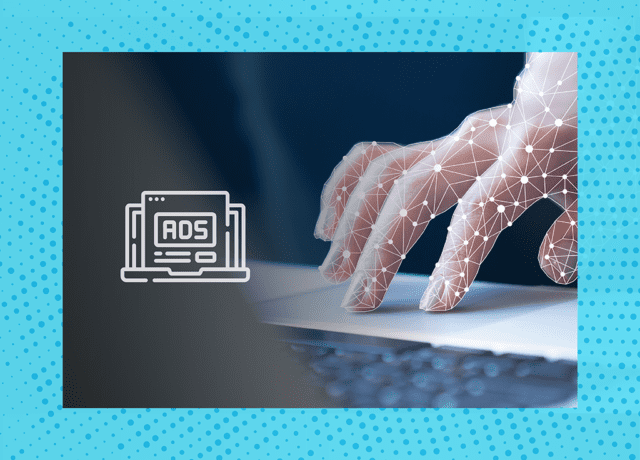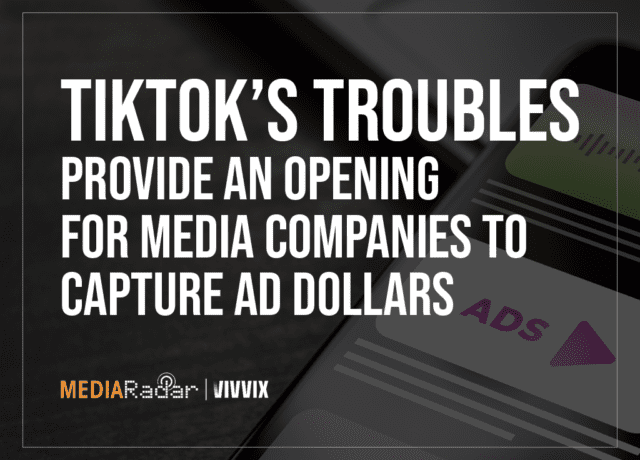Artificial Intelligence (AI) has been used in marketing for years—but it’s often difficult to separate hype from real use cases.
The technology is developing rapidly and sometimes getting Big Tech companies into trouble.
With the California Consumer Privacy Act, Apple’s opt-out features and a post-cookie internet on its way, what is AI’s current role in ad tech?

What are the different kinds of AI in Ad Tech?
Most ad tech solutions boast AI capabilities—but what does that really mean?
Sarah Rose, SVP International Digital Operations, Data & Platform Ops at IPG’s Kinesso breaks AI down into three different sub-categories to help us understand:
- Robotic Process Automation (RPA): Using scripting languages, this facilitates operational tasks with standardized steps.
- Machine Learning (ML): This is used for data science applications in ad tech. Instead of hiring humans to try to identify trends in large sets of data, machines can extract value from number sets. When an ad tech solution is “AI-powered,” this is the main type of AI at work.
- Truly self-learning AI: When RPA and ML are fused together, systems can start to make decisions on their own without human involvement. This is nascent in ad tech, but Big Tech companies are leading the way in pushing self-learning tools forward.
With those different blocks of AI at the back of our minds, we can think of the different use cases AI has in ad tech.
AI Use Cases in Ad Tech and Marketing
IAB outlines nine main use cases that AI is currently being used for in marketing:
- Contextual/non-intrusive ad placement decision making
- Conversational chatbots
- Creative assembly decision making
- Measurement
- Predictive Audiences
- Process Discovery
- Traffic Shaping
- Video management automation
This IAB report does a deep dive on each of these use cases, providing a case study and highlighting companies doing work in each area.
For example, they point to how contextual advertising is becoming more important with tighter privacy laws. GumGum uses machine learning machine learning models to enhance contextual targeting and promote brand safety.
Similarly, without cookies, email might become a personal identifier highly valuable to publishers. Companies like Jeeng are using AI for their clients to build user profiles based on email addresses. The company uses email to build user profiles in order to distribute relevant content and ads at the right time and across the right channels.
As the web ecosystem evolves with new practices and laws, AI will shift to better support agencies and advertisers. At the end of the day, these companies will need advanced tools to run effective campaigns in a compliant way.
The framework for the ethics of AI is complicated
As AI evolves, Big Tech companies are being highly watched by regulators and critics to ensure that companies are respecting consumer privacy.
The challenge with AI is that, unlike medicine or other fields, there isn’t much incentive to develop new technology within an ethical framework. There isn’t an inherent duty to do what’s best for internet users.
In a current lawsuit, Google faces accusations of using accidentally triggered voice-assistants on mobile phones for targeted advertising.
Plaintiffs argue that consumers use their smartphones often enough to assume a basic level of privacy—that Google is breaking the law by using “false accepts” (if the user says something that sounds like ‘Hey Google,’ but has no intention of using the Voice Assistant) for targeted advertising.
Google argues that they never promised that Assistant wouldn’t engage when the consumers didn’t want it to.
Situations like these support Carissa Véliz’s argument that AI should be tested similarly to how the FDA tests medicine. Véliz, who is an associate professor at the Institute for Ethics in AI at Oxford University, says the current way we’re approaching AI is by treating the human population as guinea pigs—and this can have unintended, yet devastating, effects.
Instead, she argues regulators should create randomized, controlled trials before allowing AI solutions to be used in order to create “more powerful and ethical AI.”
AI seems to be developing faster than political leaders can keep up with, raising many questions of how to approach new tech from an ethical and legal standpoint. But the demand for new solutions in ad tech keeps the developments coming, especially when the internet is going through significant privacy changes.
For more updates like this, stay tuned. Subscribe to our blog for more updates.



